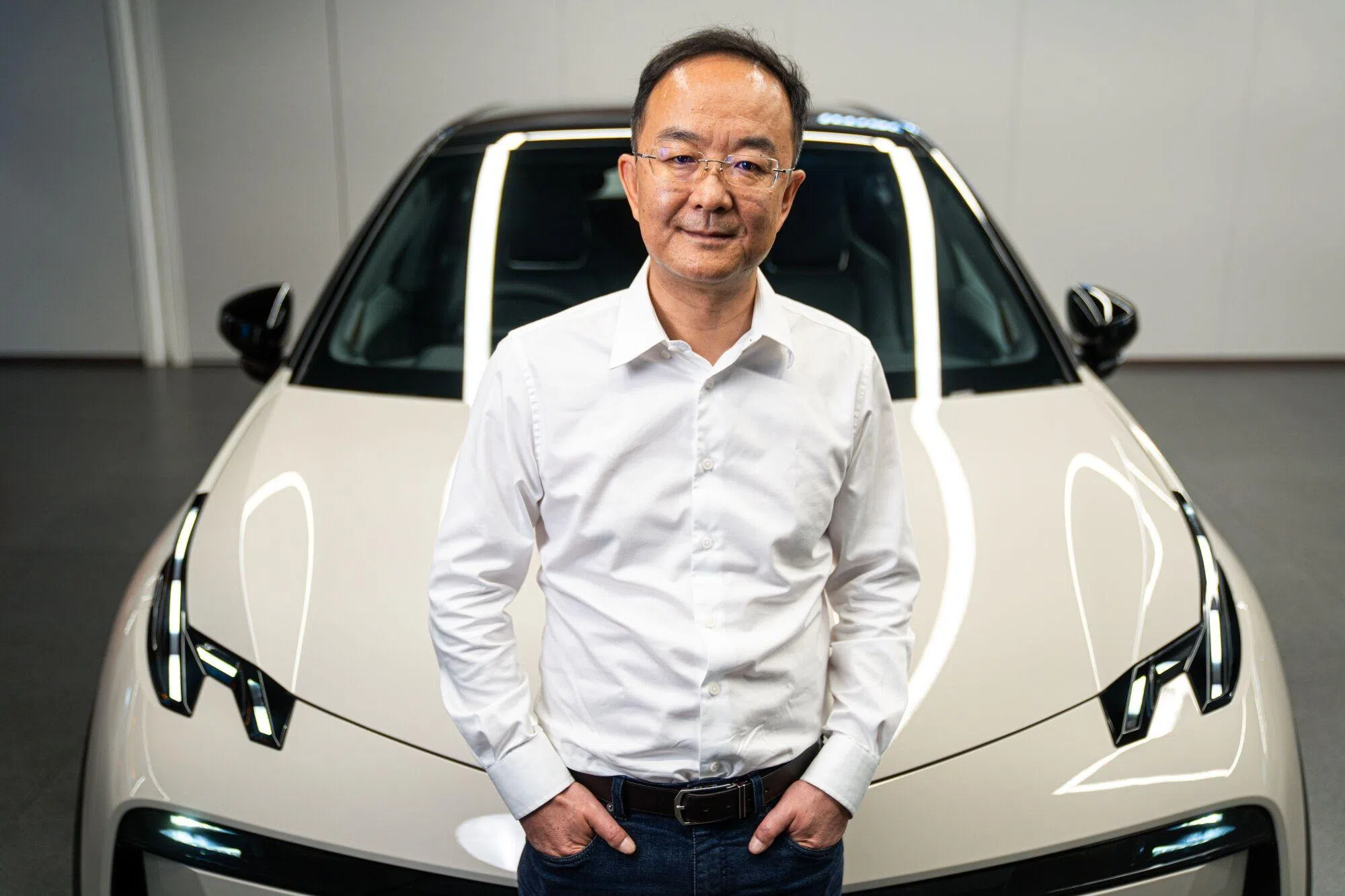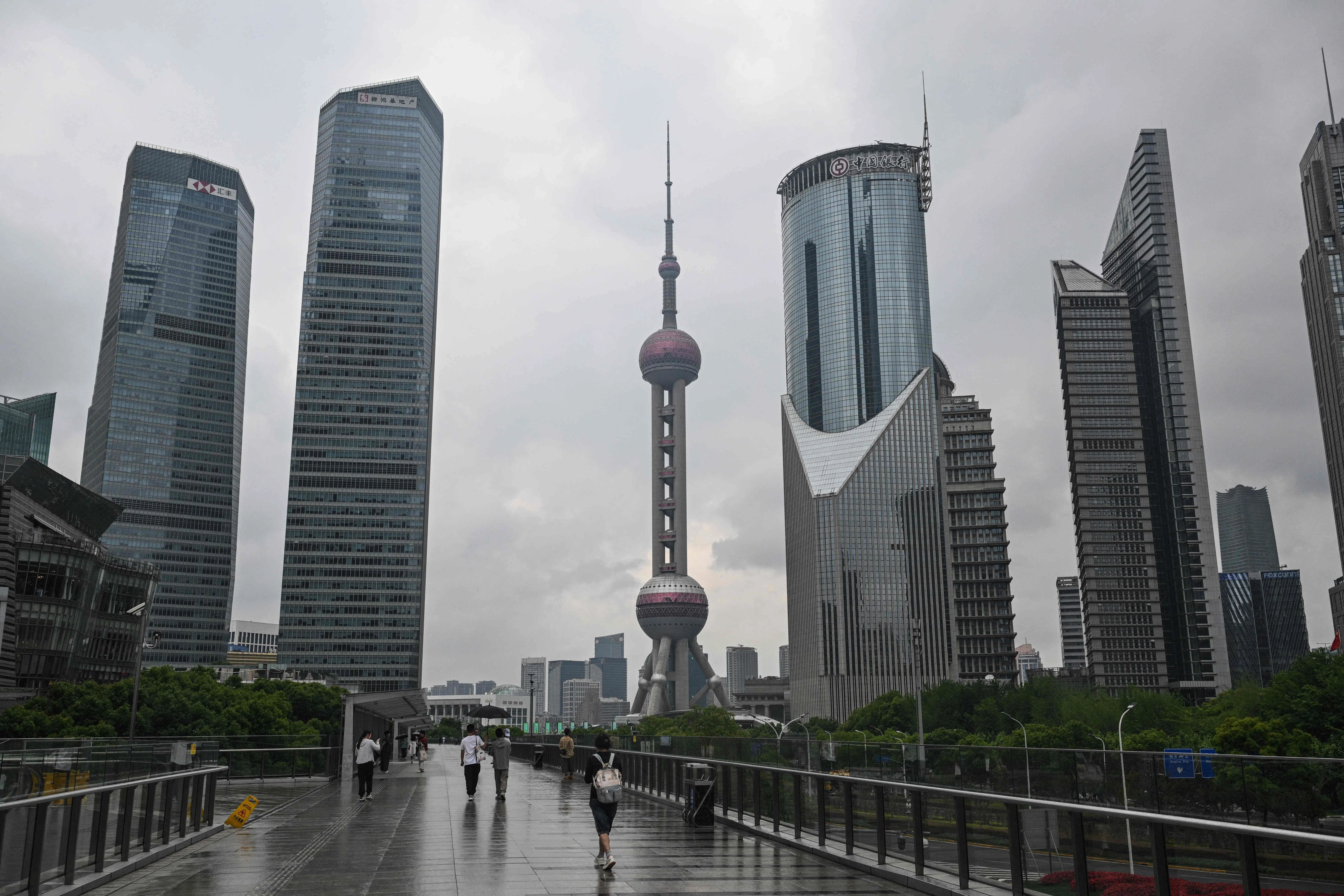ELECTRIC-VEHICLE maker Zeekr is considering making cars in European factories linked to its parent, the Chinese auto conglomerate Zhejiang Geely Holding Group, to avoid European Union tariffs and further its international expansion.
All of the high-end EV brand’s vehicles are currently manufactured in China and face a 19.9 per cent provisional duty on imports into the EU, which has accused Chinese manufacturers of having an unfair advantage due to state subsidies. The decision on whether to make the tariff final is due in November. Other countries, including the US and Turkey, have also hiked import tariffs on Chinese vehicles this year.
“We are actively proceeding with localisation work in Europe and we will make an announcement on it at the right time,” Zeekr chief executive officer Andy An said in an interview with Bloomberg News on Thursday (Jul 18).
Any European manufacturing would be done in an existing facility belonging to the Geely group or one of its European partners, and Zeekr won’t be building a new factory, he added. Local manufacturing in other regions is also being considered. The group currently has Volvo Cars plants in Sweden and Belgium and a London Electric Vehicle base in the UK.
As a Chinese automaker with one of the largest global footprints, Geely owns the Swedish-origin brands Volvo and Polestar, and has a stake in the Smart joint venture with Mercedes Benz. These brands have been caught up in the escalating political tensions between Beijing, Brussels and Washington with their China-made cars now subject to increased tariffs.
“I personally express my regret over the introduction of these policies. I think their decisions are not right,” said An, who’s also the president of the Geely group. “They will have a certain impact on Zeekr’s international development.”
BT in your inbox
Start and end each day with the latest news stories and analyses delivered straight to your inbox.
Zeekr Intelligent Technology Holding is speeding up expansion in other regions with deliveries starting this year in key markets across the Middle East, Latin America and South-east Asia. Sales are also expected to start next year in Japan and South Korea, An said.
The company went public in the US in May to initial fanfare. But the stock price has since dropped below its listing price, losing about US$2.5 billion in value as of Thursday as global demand for EVs has slowed. An said the company aims to break even or turn profitable by Hong Kong accounting standards this year. Its net loss in the first quarter narrowed to 2.02 billion yuan (S$374 million), down 18 per cent from the same time last year.
“There have been some fluctuations in the stock price in the two months or so since our IPO,” An said. “But through our hard work, I believe investors will give us a fair valuation.”
Zeekr picked Hong Kong for the global launch of its 009 minivan, including a right-hand drive version, a segment long dominated by Toyota Motor Corp.’s Alphard. The financial hub is also a good starting point for Zeekr’s South-east Asia push, where several key markets also drive on the left side of the road.
At a glitzy launch that featured an orchestral performance in Hong Kong on Friday, new single-motor versions of the electric van were unveiled, with a range of up to 740 km and starting at 439,000 yuan – lower than the previous 500,000 yuan for dual-motor.
Those that successfully refer five other people to purchase and take delivery of the four-seat 009 Grand version will also receive one year of free private jet travel with providers including Gulfstream and Bombardier, said An.
Xu Yun, Zeekr’s executive in charge of designing the 009, said the team aimed to make a luxurious and technology-focused van featuring elements of airplane design, massage seats and individual climate controls.
“Andy said he wanted a Rolls Royce-like minivan but for the future,” Xu said on the design inspiration for the 009. BLOOMBERG




